You might already know that numbers play an important role in Chinese culture. For example, 8 is considered an auspicious number as it symbolizes richness and prosperity, whereas 4 is considered ominous due to the fact that its pronunciation is pretty similar to that of the word for “death”. However, the use of numbers in the Chinese language shouldn’t be underestimated as there are heaps of Chinese idioms containing numbers (number-related Chinese idioms). Thus, we will give you detailed explanations of five popular number-related Chinese idioms (from 1 to 5) in the following article.
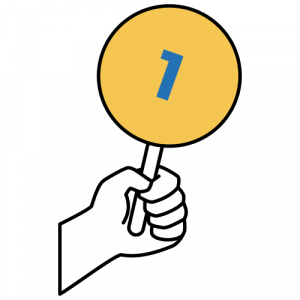
一心一意 (yìxīn-yíyì)
In this idiom, 心 (xīn) means “heart”, and 意(yì) means “will”. Therefore, the literal meaning of this idiom is “one heart one will”. Nowadays Chinese people often use it to describe a person who concentrates on something, which could usually be anything related to your study or your work.
Example:
- 麦克想一心一意学中文
(Màikè xiǎng yīxīn-yīyì xué zhōngwén)
Mike wants to concentrate on his Chinese learning
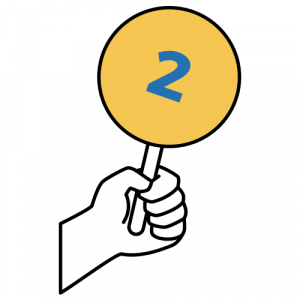
两全其美 (liǎngquán-qíměi)
As you can see, the first character 两(liǎng) means “two”, whereas the last character 美(měi) means “beautiful“. This idiom could be roughly treated like “two nice things are happening at the same time”, which will then lead to its proper meaning as “to kill two birds with one stone”.
Example:
- 既要学习,又要打工,我得想一个两全其美的办法
(Jì yào xuéxí, yòu yào dǎgōng, wǒ dé xiǎng yīgè liǎngquán-qíměi de bànfǎ)
As I will have to balance study and a part-time job, I need to think of something that would allow me to kill two birds with one stone
- 打工(dǎgōng): to work part-time
- 办法(bànfǎ): solution
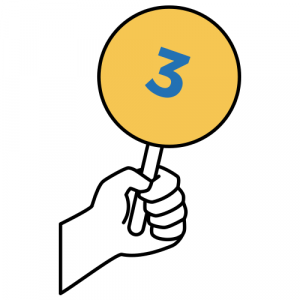
三长两短 (sāncháng-liǎngduǎn)
Bearing in mind that 长(cháng) means “long” and 短 (duǎn) means “short”, people in ancient China treated three long swords combined with two short swords as a threat to people’s lives. Consequently, the meaning of this idiom can be translated as “to be in danger“.
Example:
- 你别去那个危险的地方,我不希望你有什么三长两短
(Nǐ bié qù nàgè wéixiǎn dì dìfāng, wǒ bù xīwàng nǐ yǒu shé me sāncháng-liǎngduǎn)
Don’t go to that dangerous place, I don’t want anything bad to happen to you.
- 危险(wēixiǎn): dangerous
- 希望(xīwàng): to hope
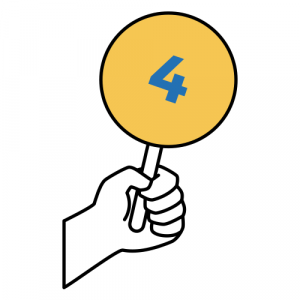
四面八方 (sìmiàn-bāfāng)
In this idiom, 面(miàn) stands for “side”, and 方 (fāng) indicates “direction”. By imagining such a situation where a group of people disperses towards four sides and in eight directions, you can probably figure out the meaning of this idiom, which is “in many different directions”.
Example:
- 中国有来自四面八方的游客
(Zhōngguó yǒu láizì sìmiànbāfāng de yóukè)
China has tourists coming from all different countries
- 来自(láizì): from
- 游客(yóukè): tourist
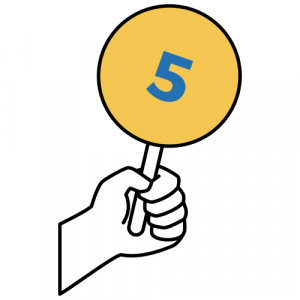
五彩缤纷 (wǔcǎi-bīnfēn)
Both 彩(cǎi) and 缤纷(bīnfēn) mean “colors”. This idiom is often used to describe something which has a colorful appearance. However, it can also be used in a figurative way for abstract things such as joyful daily life.
Example:
- 童年五彩缤纷
(Tóngnián wǔcǎibīnfēn)
Childhood is colorful.
- 童年(tóngnián): childhood


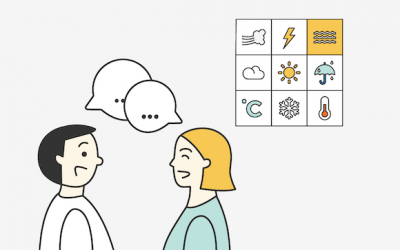
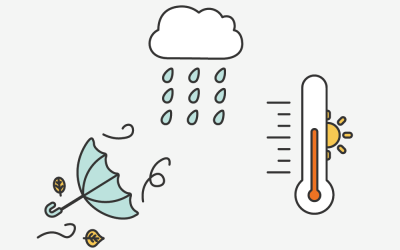
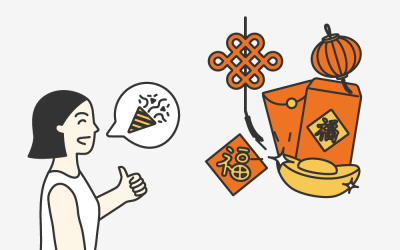



0 Comments